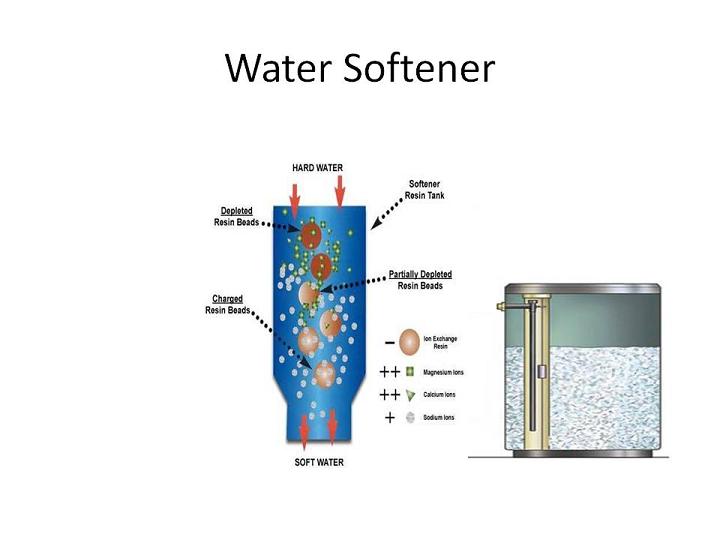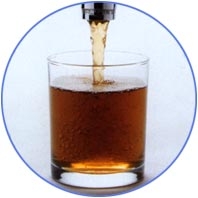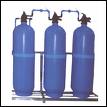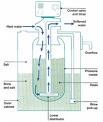
WATER TREATMENTS SOFTENER
Water softening
Boiler feed water, specially that for use in high pressure steam boilers, should be as soft as possible to avoid formation of boiler scale and corrosion of boiler tubes.
Laundries require soft water of zero hardness to prevent precipitation of calcium and magnesium soaps on...
















 LIKE TO GET UPDATES
LIKE TO GET UPDATES  TO GET EXPERT GUIDE
TO GET EXPERT GUIDE